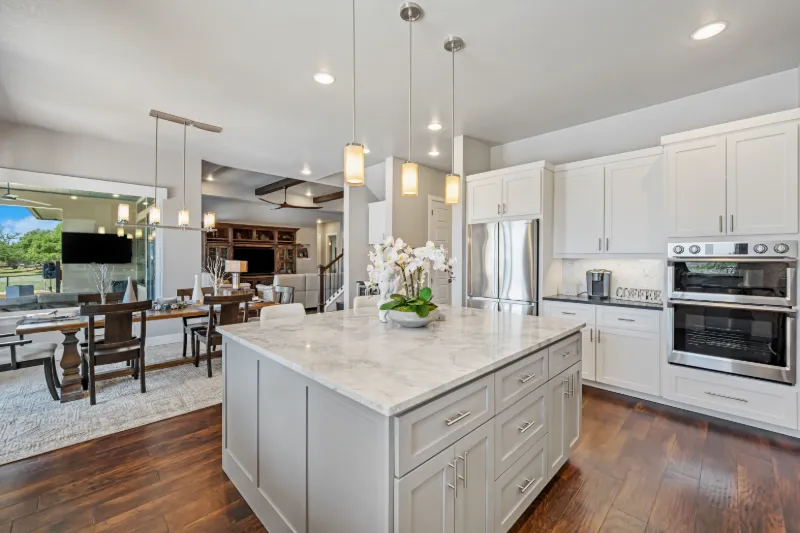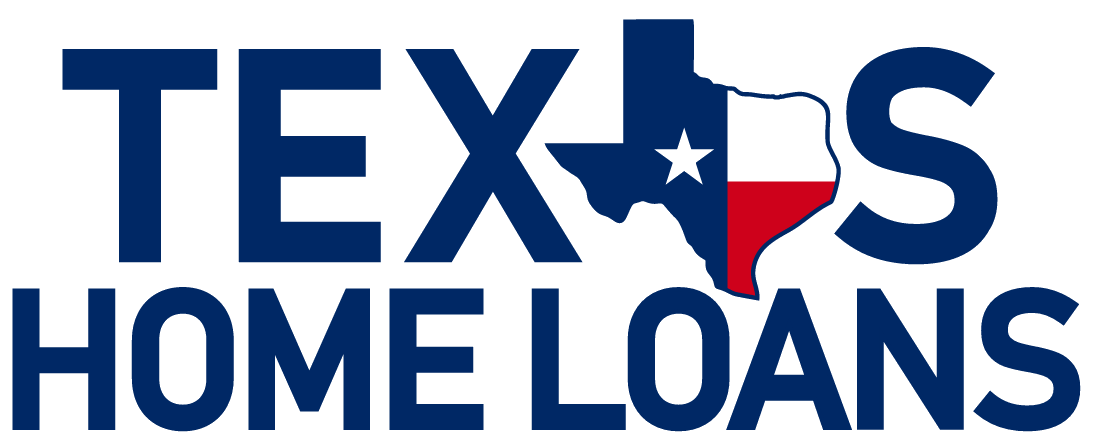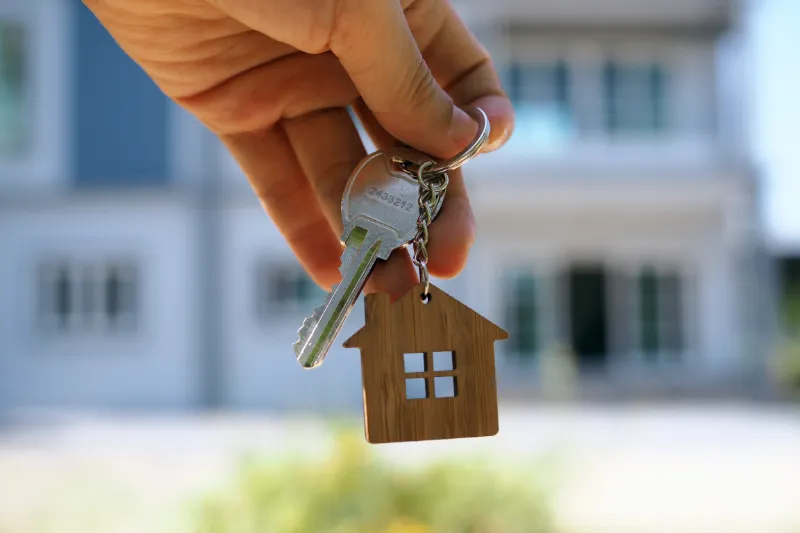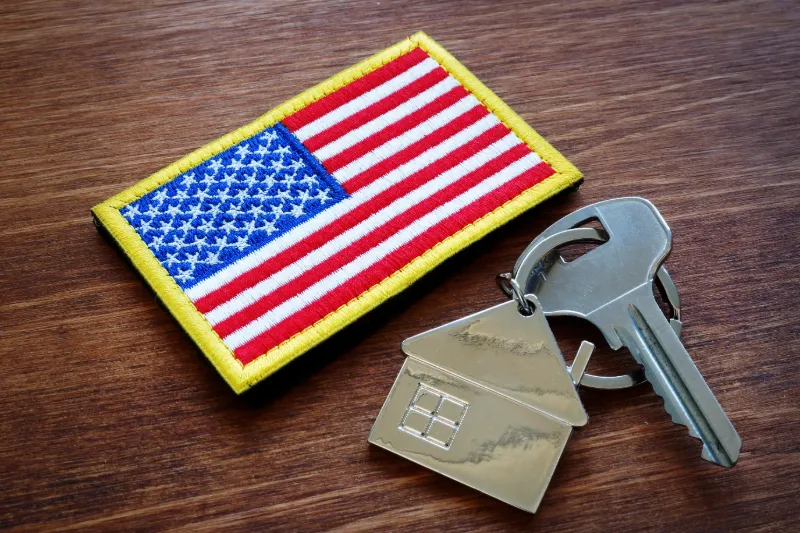When it comes to financing a home in Texas, I've seen many buyers struggle with…
Texas VA Home Inspections: What to Know
When you’re pursuing a VA loan in Texas, a home inspection is more than just a routine step – it’s crucial protection for your investment. As a veteran, you’ve earned this valuable benefit that helps make homeownership more accessible and secure. I’ve seen many fellow veterans navigate the VA loan process, and while the VA doesn’t technically require a home inspection, it’s strongly recommended to protect both your interests and the property’s long-term value through the VA appraisal and inspection process, which helps ensure the home meets the minimum property requirements (MPRs) established by the Department of Veterans Affairs.

VA Loan Home Inspections in Texas
VA loan inspections examine specific areas to ensure the property meets VA minimum property requirements (MPRs). These inspections cover several crucial aspects of the home’s condition and functionality.
The inspection begins with checking electrical systems for proper wiring connections and testing plumbing systems for leaks and structural damage. Inspectors carefully examine foundations for cracks and settlement issues, while also inspecting roofs for water damage and deterioration.
The evaluation continues with a thorough assessment of HVAC systems to ensure proper function and efficiency. Inspectors also assess walls and ceilings for any signs of moisture damage. Finally, they review all windows and doors to verify proper operation and security.
VA appraisers evaluate these key components:
| Component | Inspection Points |
|---|---|
| Structure | Foundation Roof Walls |
| Systems | Electrical Plumbing HVAC |
| Safety | Fire hazards Structural integrity |
| Sanitation | Water quality Sewage disposal |
| Accessibility | Safe access Proper drainage |
Texas VA loan inspections differ from standard home inspections. A licensed Texas inspector examines:
- Weather protection from local climate conditions
- Texas-specific building code compliance
- Regional pest infestation risks
- Local environmental hazards
- State-mandated safety requirements
These inspections typically take 2-3 hours to complete. The inspector creates a detailed report identifying current property conditions, potential future issues, required repairs for VA approval, safety hazard documentation, and MPR compliance status.
The inspection costs range from $300-$500 in Texas markets depending on:
- Property size square footage
- Location accessibility
- Additional specialized tests
- Report complexity detail
- Inspector certification level
Professional Texas home inspectors maintain certifications through organizations like InterNACHI TREC. They provide comprehensive reports detailing property conditions structural integrity safety concerns.
VA Minimum Property Requirements in Texas
VA loans in Texas require properties to meet specific minimum standards that ensure safety, habitability and long-term value for veterans. These requirements focus on three key areas: structural integrity, mechanical systems and site conditions.
Safety and Structural Standards
The property’s structure must demonstrate sound construction with no significant defects. A roof system free from leaks with at least 10 years of remaining life expectancy is essential for Texas VA loan approval. The foundation requires stability without signs of settlement or structural failure. Interior walls, floors, windows and doors need proper installation without damage or decay.
Mechanical Systems Requirements
All mechanical systems must function safely and efficiently. The electrical system requires proper wiring, grounding and circuit protection meeting local codes. Plumbing systems need adequate water pressure, functional waste disposal and hot water supply. HVAC systems must provide sufficient heating and cooling for Texas climate conditions while meeting current energy efficiency standards.
Property Access and Site Conditions
The property must have safe, direct access from a public or private street. Proper drainage prevents water accumulation near the foundation or in crawl spaces. The site requires adequate distance from hazards like flood zones, landslide areas or excessive noise. Driveways, walkways and stairs need proper maintenance for safe entry and exit.
| VA Property Requirement | Texas-Specific Standard |
|---|---|
| Roof Life Expectancy | 10+ years |
| Room Temperature Range | 68-75°F |
| Minimum Lot Size | Varies by municipality |
| Foundation Type | Slab, pier and beam, or basement |
VA Home Inspection Process in Texas
The VA home inspection process in Texas follows specific guidelines to protect veterans’ interests in their home purchase. Licensed Texas home inspectors conduct comprehensive evaluations to identify potential issues and ensure the property meets safety standards.
Scheduling the Inspection
The VA home inspection process operates independently from the mandatory VA appraisal in Texas. Here’s what to understand about scheduling:
- Contact 3-4 certified Texas home inspectors to compare availability dates prices
- Schedule the inspection within 7-10 days after the accepted purchase offer
- Book a 2-3 hour time slot for a thorough examination
- Coordinate with the current homeowner through your real estate agent
- Arrange for pest inspections separately in required Texas counties
Common Areas of Inspection Focus
Texas VA home inspectors examine specific areas based on state requirements hazard risks. The inspection includes:
Structural Components
Foundation integrity specific to Texas soil conditions, load-bearing walls and structural support systems, and roof materials condition and expected lifespan.
Essential Systems
Electrical wiring panels and connections, plumbing pipes fixtures and water pressure, and HVAC efficiency including cooling and heating capacity.
Exterior Elements
Siding material condition and deterioration, drainage systems and water management, windows and doors weatherproofing seals, and deck and patio structural stability. Wall and ceiling surface conditions, floor stability and material integrity, built-in appliance functionality, and insulation and ventilation assessment.
| Inspection Component | Average Time Spent | Priority Level |
|---|---|---|
| Structural Elements | 45-60 minutes | High |
| Mechanical Systems | 30-45 minutes | High |
| Exterior Features | 30-40 minutes | Medium |
| Interior Spaces | 30-35 minutes | Medium |
| Documentation | 15-20 minutes | Low |
Typical Costs of VA Home Inspections in Texas
VA home inspection costs in Texas vary based on property size location. The inspection fee structure follows specific patterns across different square footage ranges with clear pricing tiers.
Average Inspection Fees
Here’s a detailed breakdown of Texas VA home inspection costs by property size:
| Property Size (sq. ft.) | Average Cost |
|---|---|
| Under 1,000 | $242 |
| 1,001 – 1,500 | $280 |
| 1,501 – 2,000 | $290 |
| 2,001 – 2,500 | $307 |
| 2,501 – 3,000 | $323 |
| 3,001 – 3,500 | $338 |
| 3,501 – 4,000 | $365 |
| 4,001 – 6,000 | $421 |
The average cost range for Texas VA home inspections falls between $325 and $425, factoring in several variables. These include the location within Texas, property condition, additional inspection services, seasonal demand, and inspector expertise.Who Pays for the Inspection
The home buyer covers the inspection cost in VA loan transactions. This expense occurs before closing as a separate payment from other closing costs. Unlike other VA loan fees, the inspection cost isn’t eligible for inclusion in the loan amount or negotiable seller concessions.
Differences Between VA Inspections and Regular Home Inspections
VA inspections consist of two distinct processes that serve different purposes from regular home inspections:
VA Appraisal Requirements:
Determines property value based on comparable homes, verifies compliance with VA Minimum Property Requirements, focuses on basic safety standards, examines structural soundness, and confirms working utilities.
Regular Home Inspection Features:
Provides detailed analysis of home components, evaluates all major systems (HVAC plumbing electrical), assesses attic insulation and foundation walls, identifies potential future maintenance issues, and documents current property defects.
| Inspection Type | Primary Focus | Cost Range | Duration | Report Detail |
|---|---|---|---|---|
| VA Appraisal | Value & MPRs | $500-$800 | 1-2 hours | Basic |
| Home Inspection | Comprehensive Condition | $300-$500 | 2-3 hours | Detailed |
A VA appraisal confirms the property meets minimum standards while a home inspection reveals the complete condition of the property. The VA appraisal satisfies lending requirements but a home inspection protects my investment by identifying issues beyond basic safety standards.
- VA appraisals examine general property standards
- Home inspections investigate specific system operations
- VA requirements focus on immediate habitability
- Regular inspections assess long-term maintenance needs
- Appraisals protect the lender’s interests
- Home inspections protect my interests as a buyer
Working with VA-Approved Home Inspectors in Texas
VA-approved home inspectors in Texas maintain specific certifications through InterNACHI (International Association of Certified Home Inspectors) or TREC (Texas Real Estate Commission). Licensed inspectors follow standardized protocols to evaluate properties thoroughly.
Finding Qualified Inspectors:
Start by contacting multiple certified inspectors (3-4) for quotes and verify their current TREC license numbers. Review inspection sample reports and check local veteran testimonials. Finally, confirm their experience with VA loan requirements.
Scheduling Guidelines:
Book inspections within 7-10 days after contract acceptance and allow 2-3 hours for a complete evaluation. When possible, attend the inspection and request same-day initial findings. You can expect to receive detailed reports within 24-48 hours.
Inspection Fee Structure in Texas:
| Property Size (sq ft) | Average Cost |
|---|---|
| Under 1,000 | $242 |
| 1,001 – 2,000 | $325 |
| 2,001 – 4,000 | $375 |
| 4,001 – 6,000 | $421 |
The inspection cost remains separate from VA appraisal fees. Professional inspectors examine structural components exterior elements mechanical systems while documenting issues affecting property value safety compliance. Reports include digital photos specific recommendations repair estimates which help negotiate repairs before closing.
VA Inspection Issues and Solutions
VA loan inspections in Texas identify various property deficiencies that require attention before loan approval. Understanding these issues helps veterans make informed decisions about property purchases and necessary repairs.
Major vs. Minor Deficiencies
Major deficiencies affect property habitability and occupant safety in VA loan inspections. Structural problems, significant plumbing issues, outdated electrical systems and foundation cracks create immediate safety concerns that demand resolution. The VA categorizes these defects based on their impact on:
- Safety: Exposed wiring or faulty electrical panels
- Structural integrity: Foundation damage or roof deterioration
- System functionality: Non-working HVAC or major plumbing failures
- Habitability: Severe moisture damage or mold presence
Dealing With Repairs
- Document all identified issues with photos and inspection reports
- Categorize repairs by priority level:
- Critical repairs requiring immediate attention
- Essential repairs needed for loan approval
- Recommended improvements for property maintenance
Negotiate repair responsibilities:
- Seller completes repairs before closing
- Buyer assumes repair costs with contractor estimates
- Split repair costs between parties through price adjustments
Obtain documentation:
- Professional repair receipts
- Follow-up inspection reports
- Certification of completed work
| Repair Type | Average Cost Range in Texas |
|---|---|
| Foundation Repairs | $2,500 – $7,500 |
| Electrical System Updates | $1,200 – $3,000 |
| Major Plumbing Issues | $500 – $2,500 |
| HVAC Replacement | $3,500 – $7,000 |
Frequently Asked Questions
Is a home inspection required for a VA loan in Texas?
While the VA doesn’t mandate a home inspection, it’s highly recommended to protect your investment. The VA does require an appraisal, which is different from a home inspection. A thorough home inspection helps identify potential issues and ensures the property meets safety standards.
How much does a VA home inspection cost in Texas?
VA home inspection costs in Texas typically range from $300 to $500. The exact price depends on factors like property size, location, and report complexity. For homes under 1,000 square feet, costs start around $242, while larger homes between 4,001-6,000 square feet can cost up to $421.
How long does a VA home inspection take?
A typical VA home inspection takes 2-3 hours to complete. The inspector examines all major systems and components, including structural elements, mechanical systems, and exterior features. You’ll receive a detailed report within 24-48 hours after the inspection.
What’s the difference between a VA appraisal and a home inspection?
A VA appraisal determines property value and verifies basic safety standards, while a home inspection provides a detailed analysis of the property’s condition. The appraisal protects the lender’s interests, whereas the inspection protects the buyer by identifying potential issues and future maintenance needs.
Who pays for the VA home inspection in Texas?
The home buyer is responsible for paying the inspection fee. This cost is separate from other closing costs and cannot be included in the loan amount or negotiated as part of seller concessions. Payment is typically made directly to the inspector at the time of service.
What do VA inspectors look for in Texas homes?
Inspectors examine electrical systems, plumbing, foundation, roof, HVAC systems, walls, ceilings, and windows. They focus on structural integrity, mechanical systems, safety concerns, and compliance with local building codes. Special attention is given to Texas-specific issues like climate conditions and pest risks.
How do I find a qualified VA home inspector in Texas?
Look for inspectors certified through InterNACHI or TREC (Texas Real Estate Commission). Verify their license numbers, review sample reports, check veteran testimonials, and confirm their experience with VA loan requirements. It’s recommended to contact 3-4 certified inspectors for quotes.
What happens if the inspection reveals problems?
Issues are categorized as major or minor deficiencies. Major problems affecting safety must be resolved before loan approval. You can negotiate repairs with the seller, adjust the purchase price, or withdraw from the contract depending on the severity of the issues and your purchase agreement terms.
Conclusion
I’ve seen firsthand how a thorough VA home inspection can make or break a successful home purchase in Texas. Getting a professional inspection is one of the smartest investments you’ll make in your homebuying journey, as a qualified inspector will help protect your interests by identifying potential issues before you commit to the purchase. The $300-$500 cost is minimal compared to the peace of mind you’ll get knowing your future home is safe and sound, so don’t skip this crucial step just because it’s not mandatory. As a veteran myself, I believe you deserve a home that’s not just affordable but also meets high quality and safety standards, so take advantage of this valuable tool to make an informed decision about your VA loan purchase in Texas.





